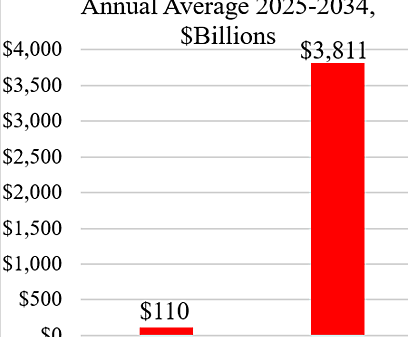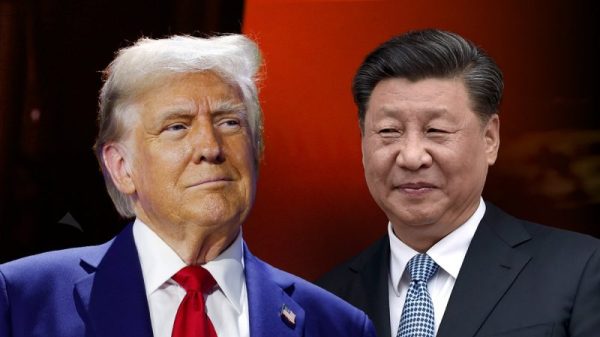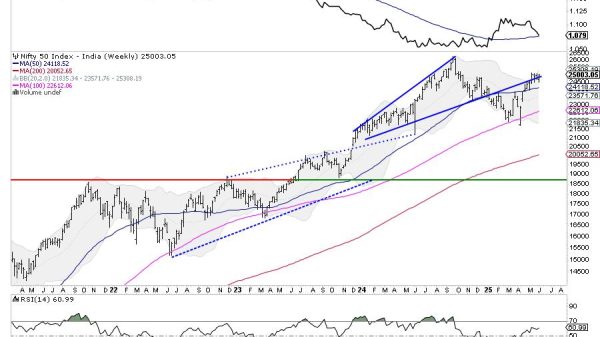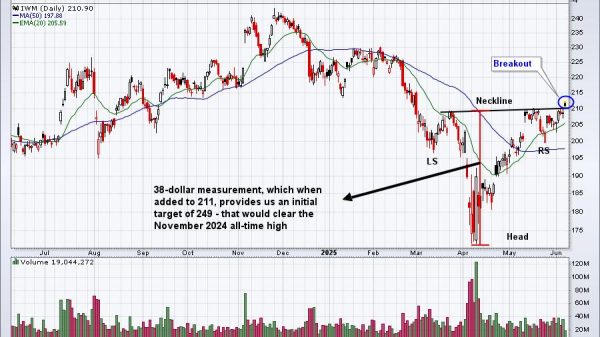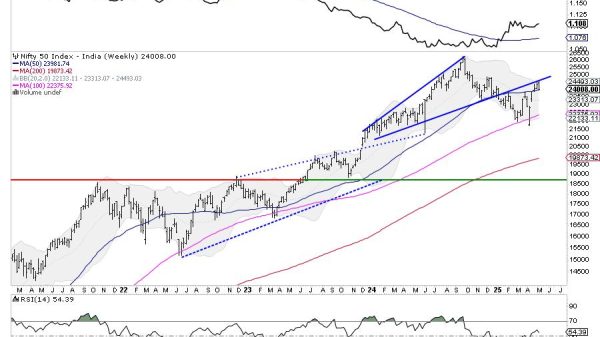Secretary of Health and Human Services (HHS) Robert F. Kennedy, Jr., told listeners on the “Ultimate Human” podcast yesterday that he might prevent government researchers from publishing their findings in the prestigious medical journals, according to the Washington Post.
Kennedy singled out The Lancet, the New England Journal of Medicine, and JAMA (the Journal of the American Medical Association), labeling them corrupt and “under the control of the pharmaceutical industry.” He expressed his desire for the Department of HHS to establish its own journals and stated that the government would require researchers it funds to publish their findings exclusively in those journals. On the podcast, Kennedy noted that these journals will, by definition, be preeminent, “because if you get [NIH] funding, it is anointing you as a good, legitimate scientist.”
Let’s set aside the question of whether independent and prestigious medical journals are susceptible to the influence of pharmaceutical companies. What can we expect to occur when political appointees (e.g., the directors of the National Institutes of Health and the Food and Drug Administration) decide how to allocate taxpayer money for research aimed at advancing the government’s scientific agenda, which will subsequently be peer-reviewed and published in government journals?
The saying goes, “Whoever funds the music sets the melody.” In his farewell address, President Dwight Eisenhower cautioned against the risk that public policy might fall under the sway of a powerful, scientific-technological elite. Scientists applying for grants often avoid challenging dominant views, knowing such dissent could hurt their chances of funding. As outlined here and here, government-backed funding can distort the integrity of scientific inquiry.
Privately funded researchers compete in the marketplace of ideas, seeking to publish their findings in competing private sector journals. While no individual is immune to corrupting forces, a competitive and open scientific public square is more likely to arrive at the truth and progress than a government monopoly, which is inescapably vulnerable to political and special interest concerns.
If Secretary Kennedy is serious about reforming science, he should focus on fostering independence and transparency, not on consolidating control. Creating government-run journals that publish only government-funded research reviewed by government-appointed editors risks transforming science into propaganda.
The best safeguard for scientific integrity isn’t more centralization—it’s competition, open debate, and the freedom to follow the evidence wherever it may lead.



